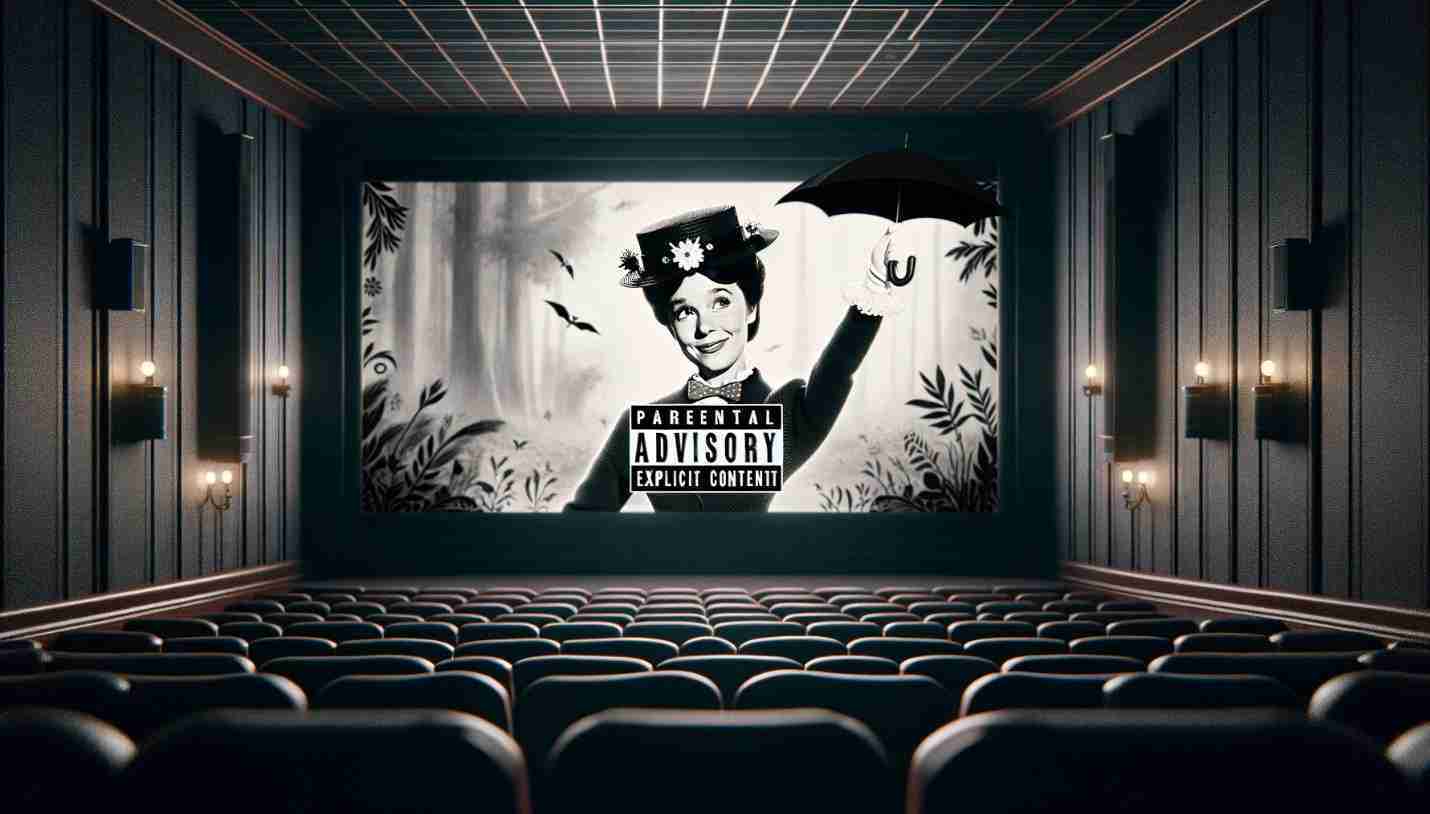Mary Poppins age rating raised after review of discriminatory language

Mary Poppins, the movie originally released in 1964, is now rated 'PG' - standing for parental guidance - according to the British Board of Film Classification (BBFC).
The updated the age rating of Mary Poppins, from U to PG, comes after a review of the use of the term "Hottentots" in one scene's dialogue, with the term deemed offensive and inappropriate for younger audiences.
The movie has been a staple of family entertainment for decades.
The BBFC's reclassification aims to caution parents about the film's content, suggesting it may not be suitable for young children without guidance.
This change only affects the cinema version, with home versions maintaining their U classification.
It comes as part of a broader trend of re-evaluating classic films to ensure they meet contemporary standards for content appropriateness.
Explore Bias
The decision to upgrade "Mary Poppins" from U to PG reflects a broader societal movement towards sensitivity to racial and discriminatory language.
The use of the term "Hottentots" to describe chimney sweeps, originally intended to depict Admiral Boom as old-fashioned and eccentric, is now recognized as offensive.
The shift indicates an evolving understanding of historical context and its impact on modern audiences. However, the focus on this specific term and its implications highlights the challenges in balancing historical accuracy with contemporary values. The BBFC's action underscores the importance of parental guidance in navigating content that may reflect outdated or harmful views.
Explore More Stories
- "Mary Poppins age rating changed from U to PG over 'discriminatory language' claims" - GB News
- "Why Mary Poppins has changed its age rating to PG due to ‘discriminatory language’" - The Independent
- "Why Disney's 'racist' Mary Poppins could have been much worse" - The Telegraph
- "Mary Poppins’ UK age rating raised to PG due to discriminatory language" - The Guardian
- "Mary Poppins film age rating raised over 'discriminatory language" - The BBC






